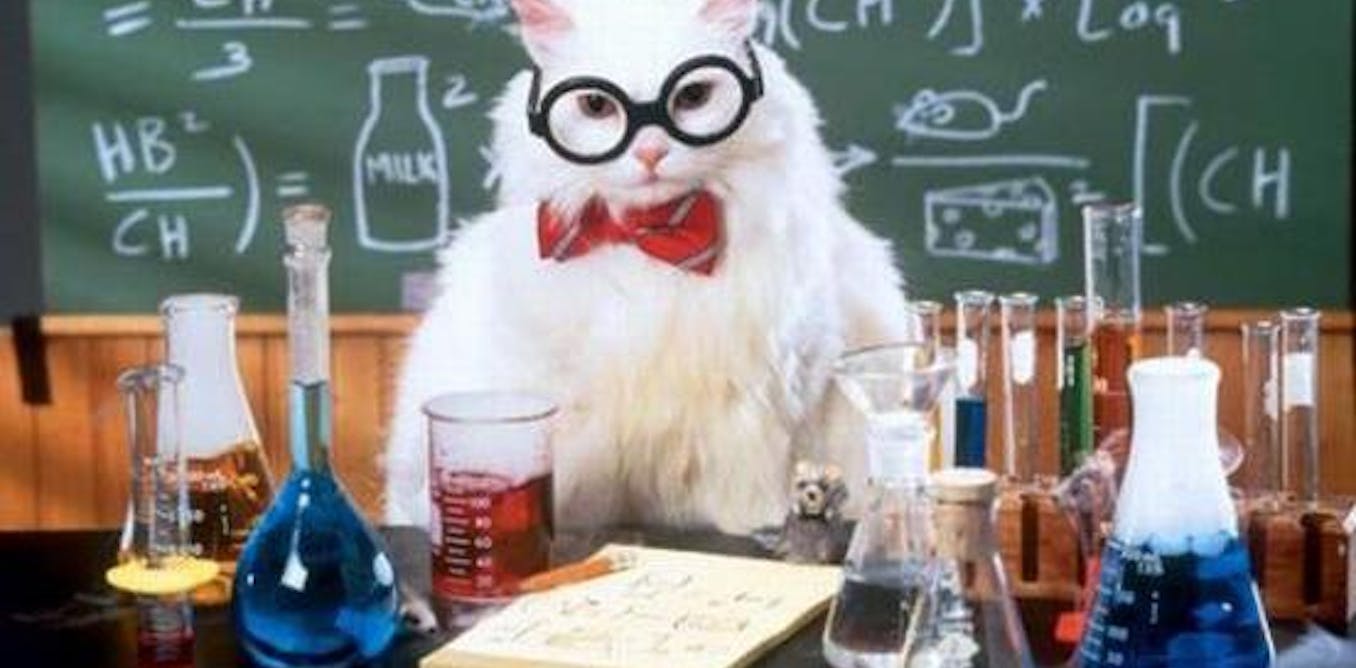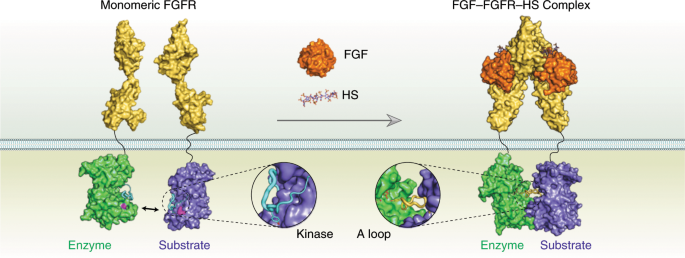
- Select a language for the TTS:
- UK English Female
- UK English Male
- US English Female
- US English Male
- Australian Female
- Australian Male
- Language selected: (auto detect) - EN
Play all audios:
CRAIG O'DONOGHUEThe West Australian The WAFL is set to follow the AFL's stance that allows it to strip premiership medallions from players who test positive to
performance-enhancing drugs on grand final day. The AFL Commission has the authority to seize a player's medal should he fall foul of drug testers on the year's biggest stage, as
Swan Districts' Travis Casserly did last year, resulting in a two-year ban. WA Football Commission director of football Grant Dorrington conceded that an amendment to the current
situation that allowed Casserly to keep his medal would be strongly considered. "We don't have anything in the rules or regulations to do that," Dorrington said of the
AFL's hardline approach. "Should we have thought of that earlier? Probably. It's the benefit of hindsight. "Now that it has happened, if we didn't look at it
we'd be derelict in our duty." Swans are appealing against Casserly's suspension for his positive test to pseudoephedrine, with the player claiming he took two 60mg Sudafed
tablets - one before the game and another at half-time for a long-term hay fever condition. Casserly's plea for innocence follows the admission from 2005 Brownlow medallist and former
West Coast captain Ben Cousins that AFL players regularly used Sudafed before it was banned last year because the drug enhanced their performance. Writing in his book My Life Story, Cousins
compared Sudafed to caffeine tablets when describing how common they were in the AFL. "Legal drugs were part and parcel of a footballer's routine," Cousins wrote. "Taking
caffeine was a way of manufacturing an alert sharp state for a match. It wouldn't guarantee you'd play well but it stacked the odds in your favour. "Then there was Sudafed
which was widely used in the AFL. The pseudoephedrine pepped you up for those games when you weren't quite sharp." The AFL Medical Officers Association recommended players cease
using the drug when the World Anti-Doping Agency set limits for pseudoephedrine. WADA removed pseudoephedrine from the banned list in 2003 but kept monitoring its use. It found "clear
abuse of this substance, and scientific evidence of the performance-enhancing effects of pseudoephedrine beyond certain doses", so set limits in 2010. Players cannot have more than 150
micrograms per millilitre of pseudoephedrine in their system on match days. Casserly's A sample was 240 and his B sample was 230. GET THE LATEST NEWS FROM THEWEST.COM.AU IN YOUR INBOX.
Sign up for our emails









